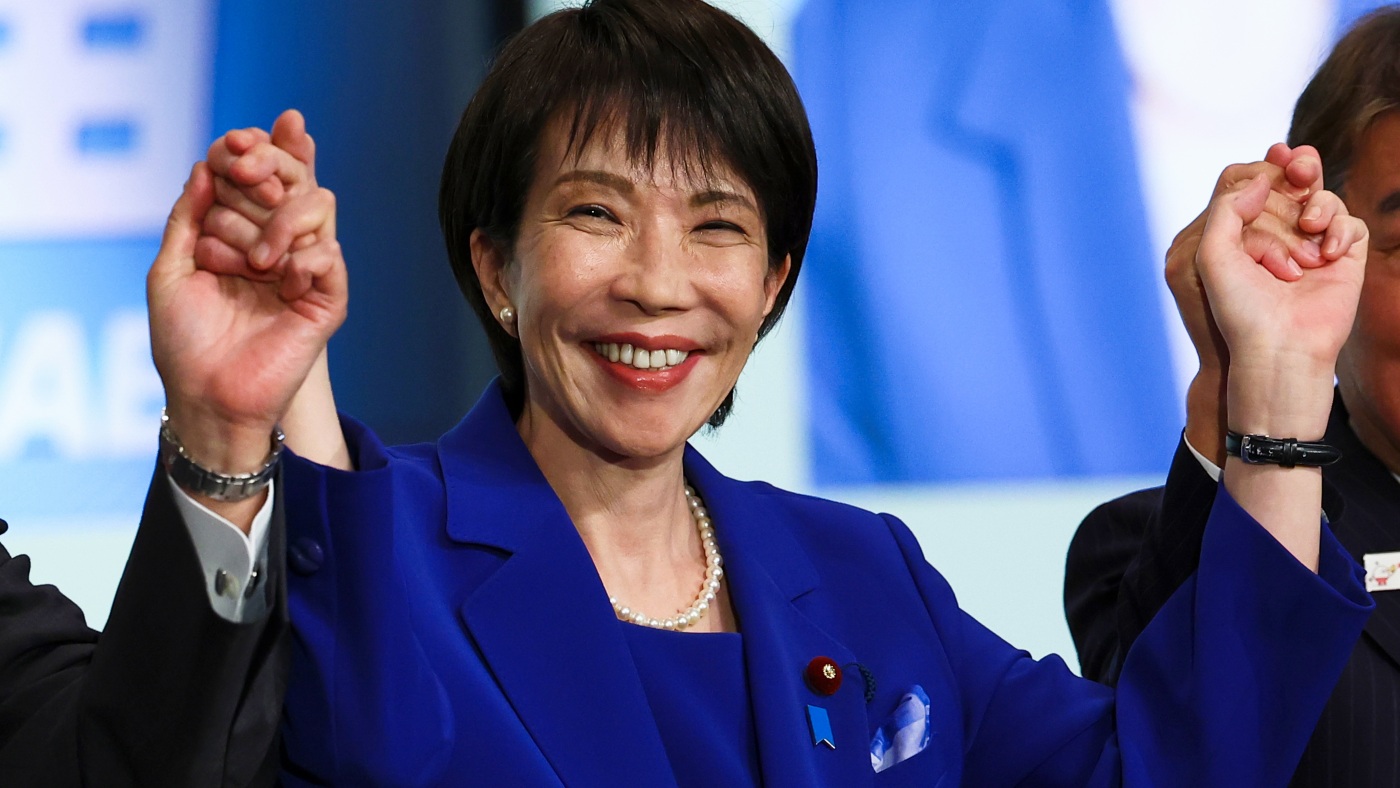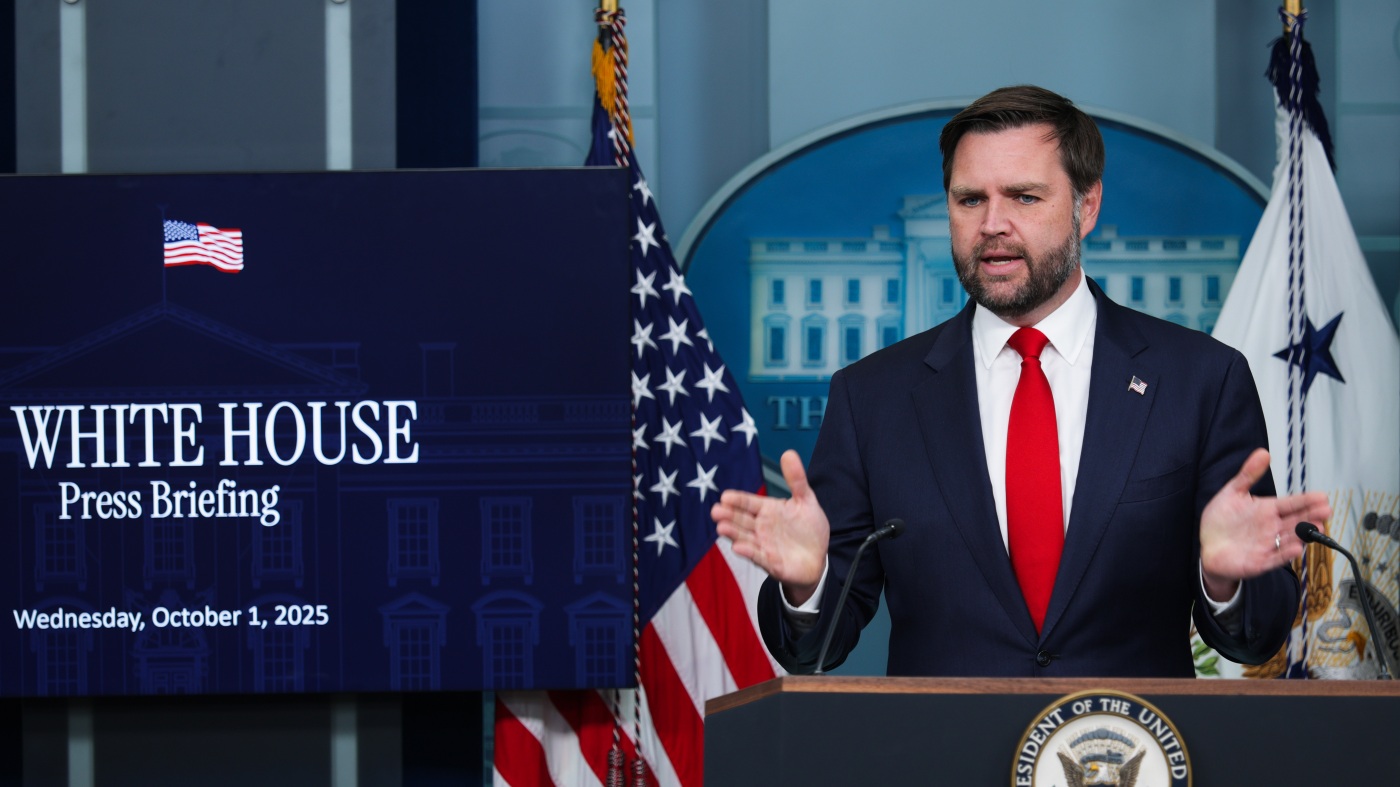After eight months of getting battered by Republicans, the Democratic Party has largely abandoned efforts at conciliation or outreach, adopting a more confrontational stance that reflects growing frustration with President Trump's policies and tactics.
The shift was evident during recent budget negotiations, where Democratic leaders refused to compromise on key issues including funding for the Affordable Care Act and immigration enforcement. This represents a significant departure from the party's previous approach of seeking bipartisan solutions.
A New Political Strategy
"We've tried the conciliatory approach for eight months, and it hasn't worked," said House Minority Leader Hakeem Jeffries. "The American people elected us to fight for their interests, not to roll over and accept policies that harm working families."
Democratic strategists say the new approach reflects lessons learned from the Trump administration's first year, during which the party often found itself on the defensive. By taking a more aggressive stance, Democrats hope to energize their base and draw clear contrasts with Republican policies.
The strategy appears to be working in some areas. Recent polls show Democratic candidates performing better in key swing districts, and the party has been successful in blocking several Trump administration initiatives through legislative maneuvers.
Policy Implications
The tougher approach has manifested in several ways: Democrats have been more willing to use procedural tactics to slow down Republican legislation, they've been more vocal in their criticism of Trump administration policies, and they've been less willing to negotiate on issues they consider non-negotiable.
"We're not going to compromise on healthcare, we're not going to compromise on immigration, and we're not going to compromise on environmental protection," said Senate Minority Leader Chuck Schumer. "These are fundamental values that we will defend."
This stance has led to more frequent government shutdown threats, as Democrats refuse to pass spending bills that include provisions they oppose. While this creates political risk, party leaders believe it also creates opportunities to highlight Republican extremism.
Electoral Considerations
With midterm elections approaching, Democrats are betting that their more confrontational approach will resonate with voters who are frustrated with Washington dysfunction. The party is particularly focused on energizing young voters and minorities, who have been critical to Democratic success in recent elections.
"We need to show that we're fighting for the people, not just going along to get along," said Democratic National Committee Chair Jaime Harrison. "Voters want leaders who will stand up for their values."
However, some moderate Democrats worry that the party's new approach could alienate independent voters who value bipartisanship and compromise. These concerns have led to internal debates about how far the party should go in its opposition to Trump administration policies.
Long-term Implications
Political analysts say the Democratic Party's shift reflects broader changes in American politics, where compromise has become increasingly difficult and partisan polarization has reached historic levels. The question is whether this new approach will be sustainable in the long term.
"The Democrats are essentially saying that the old rules of Washington don't apply anymore," said political scientist Sarah Johnson. "Whether this leads to better governance or just more gridlock remains to be seen."
As the budget battle continues, both parties are preparing for what could be a prolonged standoff that tests the limits of American democracy and the ability of Congress to function effectively.











